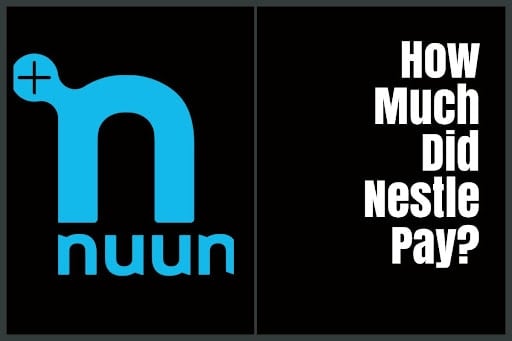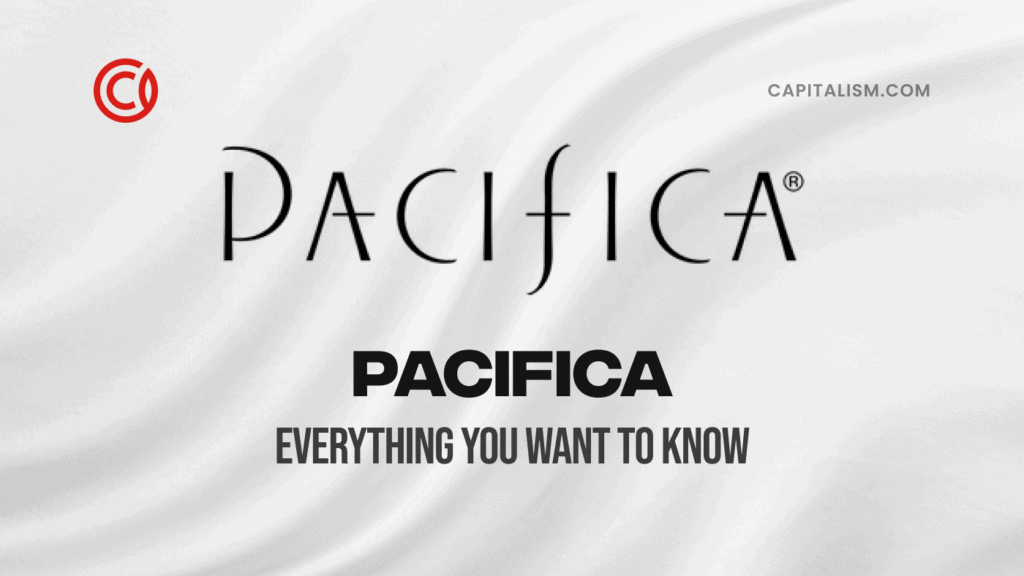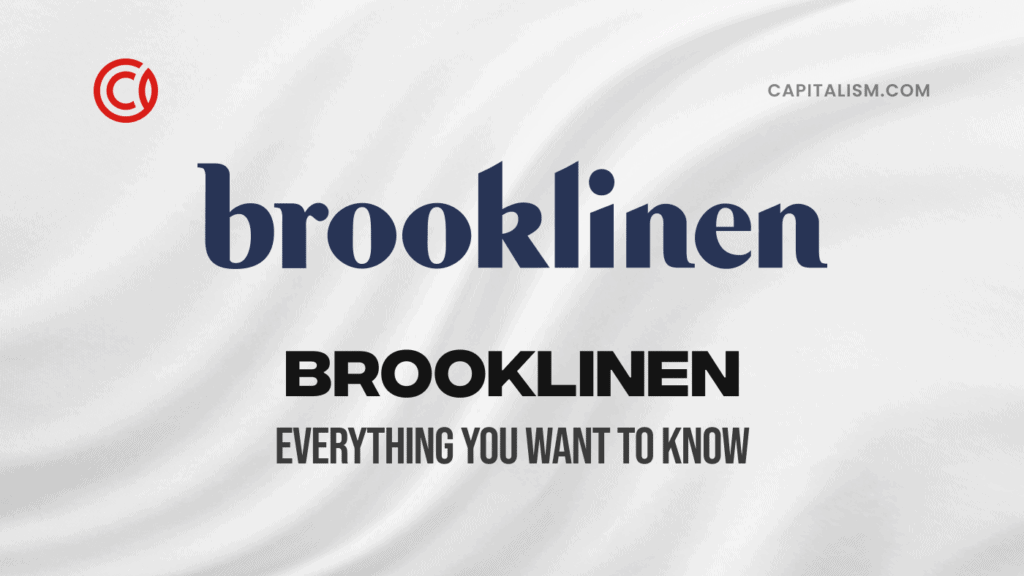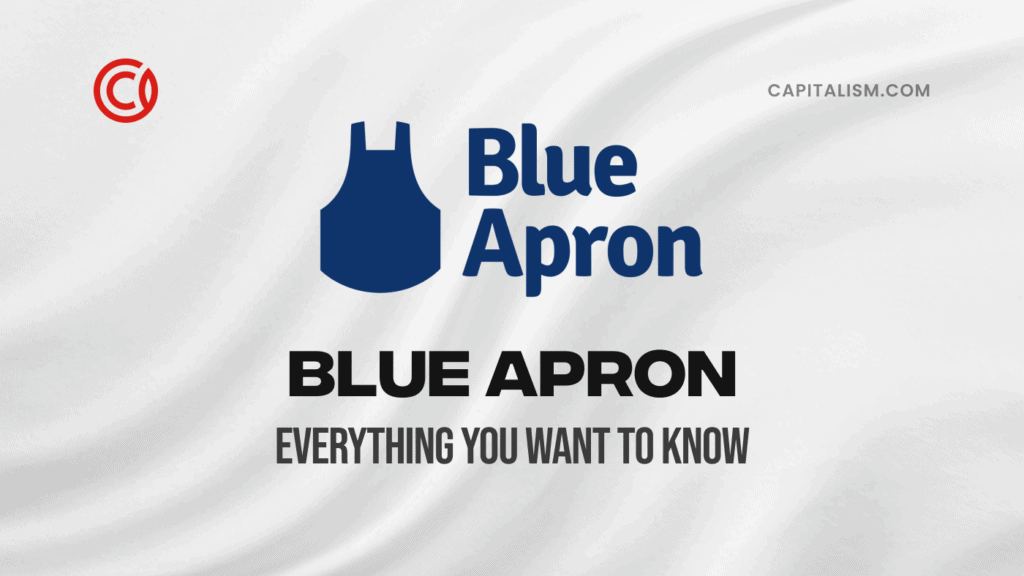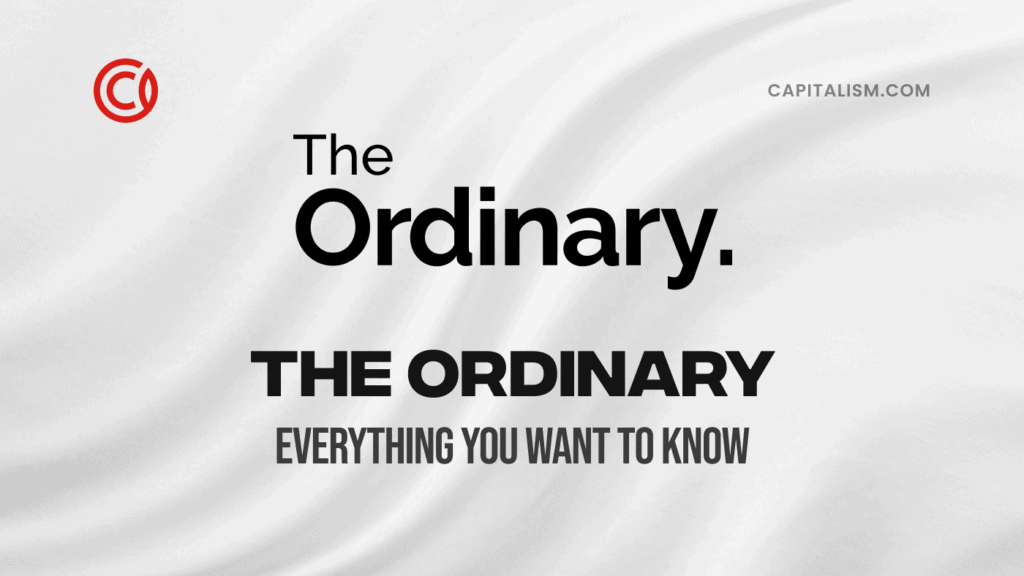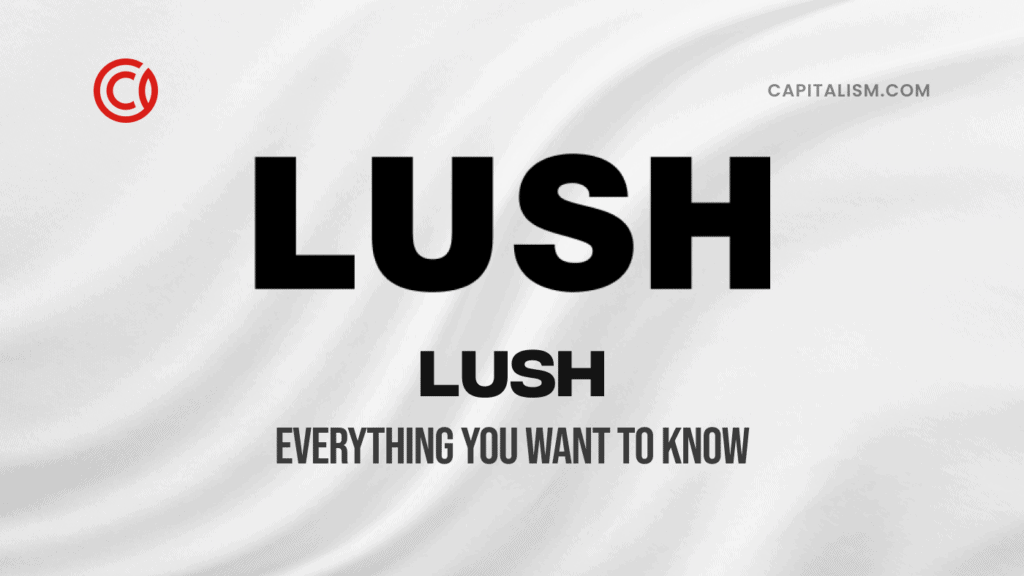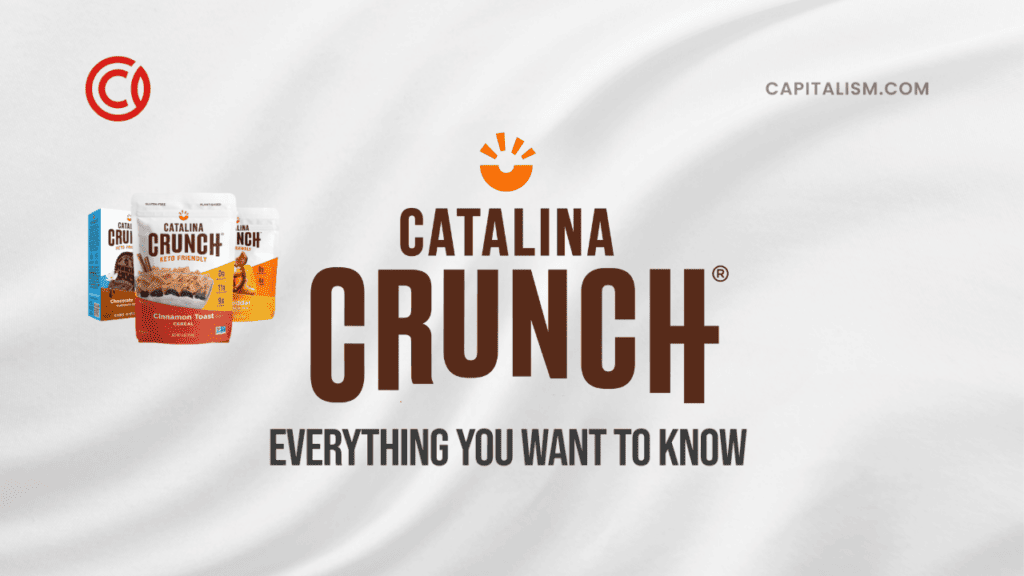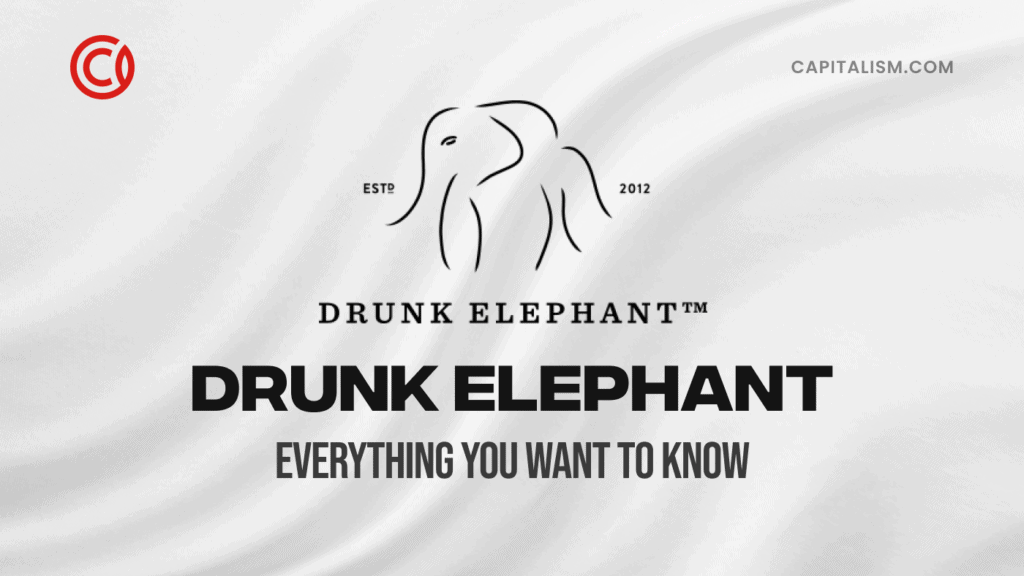Tired of Sugar-Laden Gatorade, Triathlete Tim Moxey Started Nuun, Reinvented On-the-Go Hydration, and Sold to Nestlé
Athletes understand firsthand the importance of staying hydrated. The more you sweat, the more salt you lose. Electrical systems control the human body, and without enough sodium, things begin to misfire. Fatigue sets in, and you feel sluggish overall. But just because your body needs hydration doesn't mean replenishing lost electrolytes is always convenient, healthy, or even tasty. Until Nuun.
While on a hot, humid bike ride, Tim Moxey ran out of his drink. Parched and running low on electrolytes, he stopped by a local convenience store to recharge. While there were tons of food options available, the only drink on the shelves was Gatorade. And as Tim once said, "I don't even like Gatorade."
Even worse, all the sports drinks contained loads of sugar. Tim didn't see the need for all those extra calories and carbs. Soon after, the idea for Nuun developed out of sheer frustration.
Nuun isn't just another sports drink. In fact, it's not a drink at all. Instead, Tim created a self-dissolving, sugar-free, easy-to-take-on-the-go tablet that could transform an everyday cup of water into an electrolyte-packed sports beverage. Oh, and it also tastes fantastic.
Thirsty Triathlete Turned Fed-Up Entrepreneur
Tim was never your typical athlete. He didn't play sports in grade school, but he did discover a passion for cycling while studying at Dartmouth's Tuck School of Business. Soon, biking turned into triathlons. But as a triathlete, he became frustrated with on-the-go hydration.
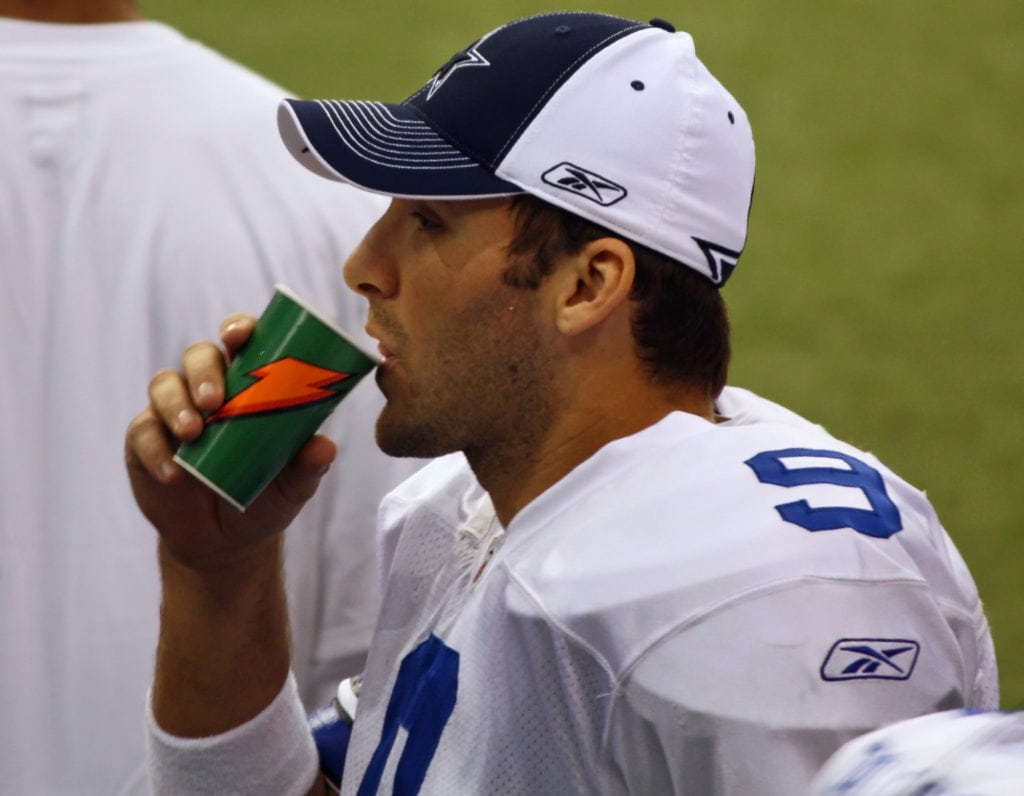
Water is refreshing, but it only contains trace amounts of electrolytes—definitely not enough to replace the minerals lost while exercising. Gatorade has all the needed nutrition, but it relies on added sugar to combat its saltiness. All that sugar gives athletes a brief high, but a hard-hitting low quickly follows it. Although Tim hated Gatorade with a passion, he would drink anything during a ride just to get back home.
Why didn't he bring something healthier in the first place? Less is more when packing for a bike ride. Athletes don't have a convenient way to carry stuff with them. There's no place to store bulky bottles, and excess weight will slow you down. Tim soon found himself asking, "Why can't I just bring what I want with me?"
In 2001, while studying entrepreneurialism at Tuck, Tim needed to create a billion-dollar business plan for a class project. The notion of building a fictitious billion-dollar brand seemed ludicrous, but after giving the project some thought, the idea for Nuun popped into his mind. Tim spent all his free time developing the concept to present to his peers. However, he had no plan on ever turning it into a real company.
Taking Off for Down Under
Even after earning his MBA, Tim didn't consider himself an entrepreneur. So instead, he headed to Australia with big ambition. There, he began his career, first at an investment bank and then for Bain & Co., a well-known consulting firm. While still employed at Bain, Tim also started working for Blueseventy, a wetsuit company based in New Zealand.
Tim was not only a hard worker, but he also had a high opinion of himself. When asked how he got the job at Blueseventy, he responded, "I walked in as a young, arrogant MBA and said I could do everything better. And they sort of believed me." Shortly after joining Blueseventy, the company put Tim in charge of their US sales. And it wasn't long before he became CEO.
Although Tim found success in the corporate world and enjoyed what he did, his vision for a better-for-you sports drink never left his mind. Drinking sugary Gatorade left him feeling fed up, and every triathlon he completed only reinforced the need for a portable, mess-free option. So, in 2004, he officially founded Nuun. Less than ten years later, in 2013, the brand would grow to over $10 million.
"I Make Things for Me."
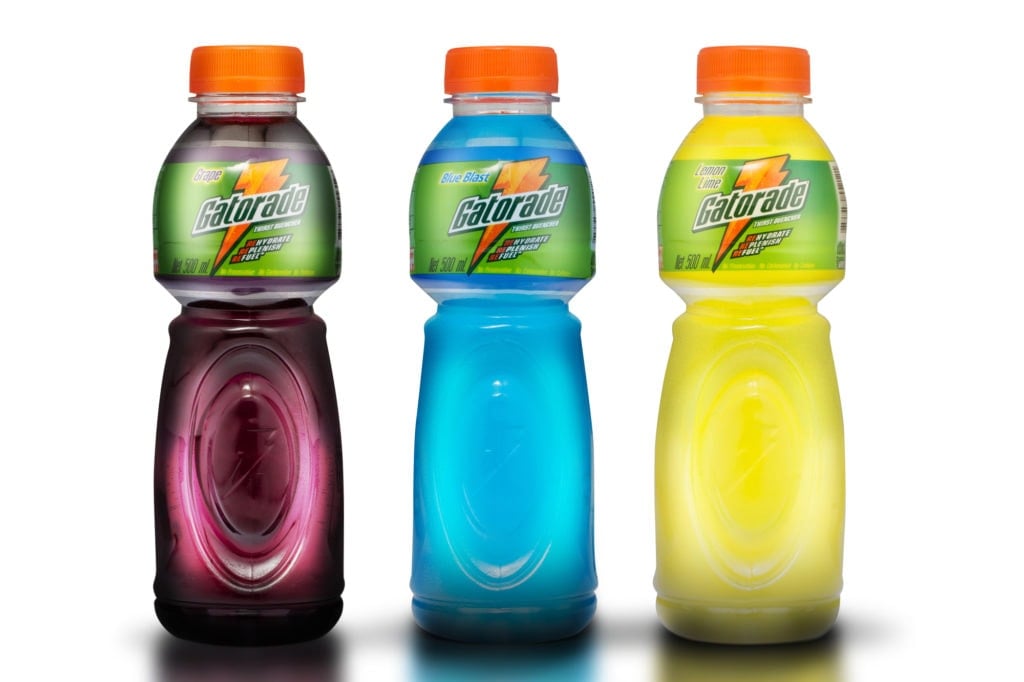
Identifying your audience is the first step for most business owners. But as an accidental entrepreneur, Tim didn't spend too much time thinking about his target audience. He WAS his target audience. Nuun evolved because Tim sought a healthier, more portable sports drink option for himself. He just assumed other athletes wanted the same thing—and his gut intuition was correct.
Getting the product from Tim's brain to store shelves was another journey entirely. And his unique R&D process shows that anyone can create a killer product. Here's how he did it:
A product is only as good as you make it.
When developing Nuun, Tim realized he wanted something athletes could take with them. Sure, there were already drinks and powders on the market, but they were heavy and messy to bring on a bike ride. In addition, drinks are a pain to carry, and powder packages tear and spill in your pocket.
Tim soon had an epiphany. He had to forget how commercial sports drinks marketed themselves. It's doesn't matter how good the drink works—it doesn't serve a purpose if you can't take it with you. So he created Nuun to be an on-the-go, portable option. A single, mess-free tablet turns plain water into something better and boosts the body with the electrolytes it needs.
Sometimes you just need to copy what works.
A lot of people assume Tim spent months researching all the Nuun tablets ingredients. But coming up with the perfect blend of electrolytes was actually the easiest part of his R&D journey. Several other brands were already creating proven products, and Tim just copied their work.
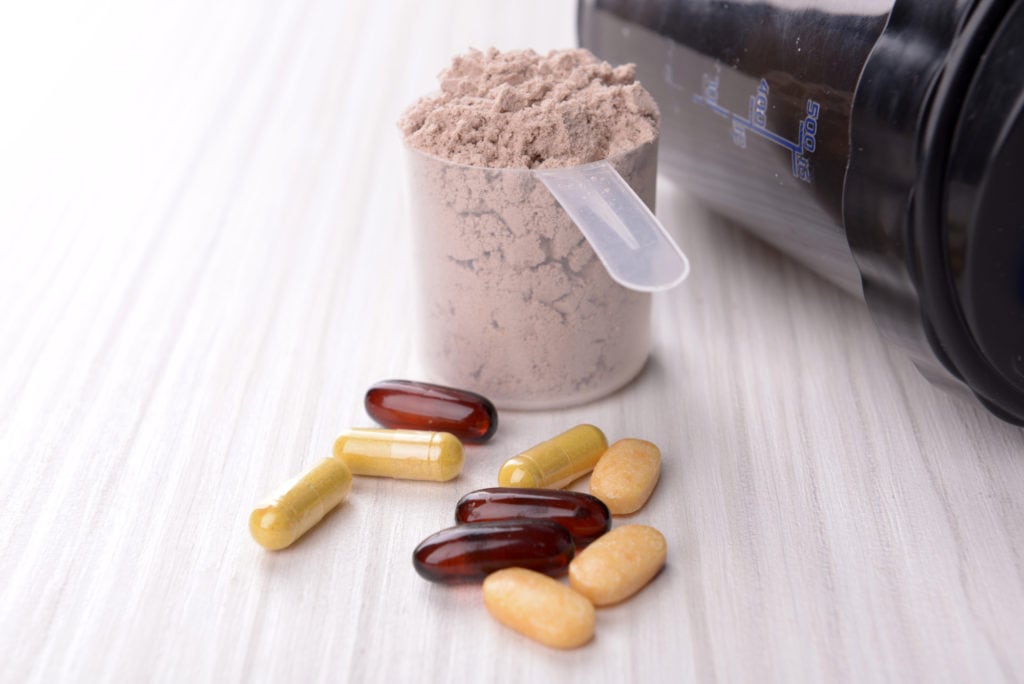
Tim made a spreadsheet of his competitors' recipes. He paid close attention to the vitamin and mineral levels in each drink. And he pretty much duplicated the most popular recipes verbatim. After all, he wasn't looking to develop a proprietary formula—all those brands already had something great. But what Nuun was going to do differently was how users consumed them.
Change everything that's not working.
Although the popular sports drink brands had a proven recipe, they didn't all taste great. Tim hated most of them, and he knew from his experience as a triathlete that taste was crucial. If athletes liked the flavor, they would take it with them.
But Tim wasn't looking to mask a terrible flavor with sugar. Instead, he wanted a light, slightly diluted flavor profile. Tim became his own guinea pig for several recipes. He tried every prototype while working out at the gym. It had to taste good while barely exercising and also when he was killing it. He threw out any prototype that failed the test. Tim refused to compromise on flavor—if we wouldn't drink it, why would anyone else?
Go with the best if you want it done right.
Nuun tablets needed to dissolve quickly, taste delicious, and actually work. But getting the perfect product wasn't as easy as Tim hoped. He went through several versions. When one of the very first samples arrived, Tim was optimistic. He dropped the tablet in water and waited for it to melt. Only it didn't dissolve properly, and even worse, it left a ring of gray scum in the cup.
At that moment, Tim decided he had to find a new manufacturer. But this time around, only the best in the industry would do. So he opted to go with the same manufacturer that produced Airborne products. They delivered a superior tablet. As Tim advises, "You can go to lots of people if you want something done. But if you want it done properly, you need to go to the best there is and build the company you really want to build."
Ignore the naysayers.

When Tim first decided to launch Nuun, not very many people were on board. And the lack of support took its toll. He remembers thinking, "Everyone said it wouldn't work, so I said it wouldn't work." No matter how hard he tried, Tim couldn't think of anything else to do that wasn't Nuun. And after even more consideration, he could only find reasons to go ahead and do it.
After he settled on the final prototype, he decided to launch. Since the brand existed before social media, word-of-mouth was essential. So Tim moved through his network of athletes, promoting Nuun to anyone who would listen. Soon, the customers came, stores kept ordering more, and Tim proved all his doubters wrong.
A Change of Pace in the Cannabis Industry
Although Nuun was Tim's first attempt at entrepreneurialism (and a very successful one at that), he felt it was time to test the water with another business endeavor. In 2010, Tim stepped down as CEO to launch his next brand, Mr. Moxey's Mints.
Mr. Moxey's Mints is a cannabis edibles brand based in Seattle. Tim launched it in 2014, shortly after recreational marijuana became legal in Washington. Why the cannabis industry? Tim is a mega-fan of edibles and micro-doses himself regularly. As he told MedMen, "There are times when I find cannabis helps me be in the moment. At other times, I become more objective and am more thoughtful. It can also help me sleep or deal with aches and pains."
Tim focused all his energy on building Mr. Moxey's Mints. Then, in 2015, he decided to step away from Nuun entirely and sold his company equity. By 2017, Mr. Moxey's Mints surpassed $3 million in sales. And in 2018, Tim changed the name to BotanicaGLOBAL.
New CEO, Same Upward Trajectory
While many businesses struggle after a strong leader leaves, Nuun continued to thrive. Kevin Rutherford became President and CEO of the brand in 2013. Like Tim, Kevin was also a skilled triathlete, and he wanted to use his knowledge to enhance the Nuun experience for fellow athletes further.
At that time, most of Nuun's ingredients were vegan, but a few fell into a gray area. As someone who followed a plant-based diet, Kevin decided to reformulate every product to ensure the entire brand was vegan-friendly. Additionally, he obtained both non-GMO and gluten-free certifications. These seemingly simple changes would make Nuun products accessible to an even broader, health-conscious audience.
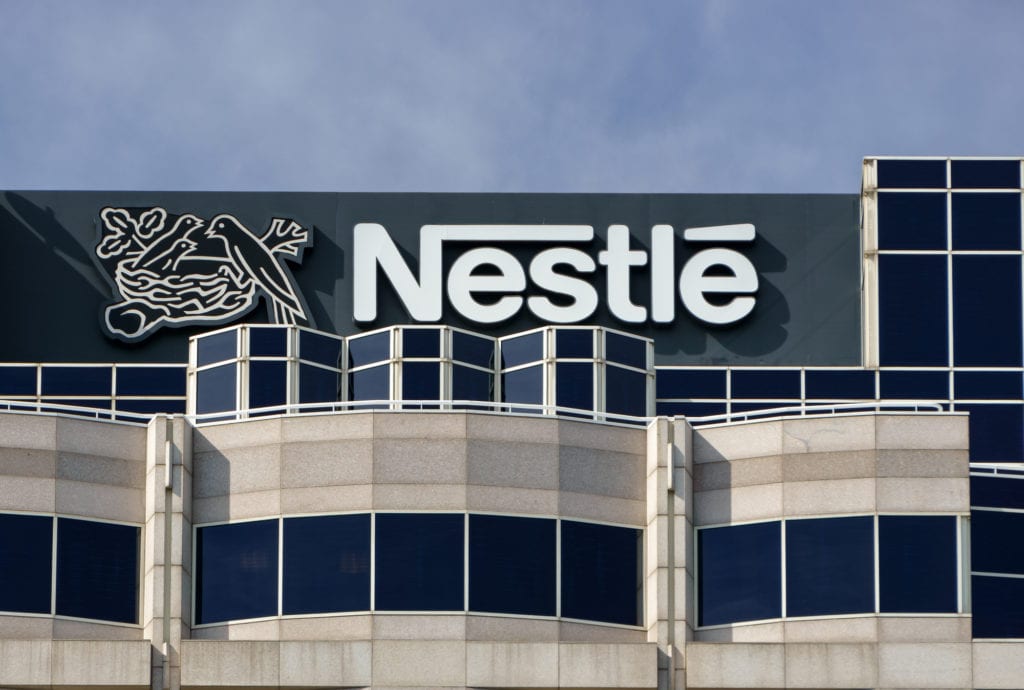
Under Kevin's reign, Nuun continued to grow at an unbeatable pace. The company surpassed a $30 million valuation in 2018. And although other sports drink brands, such as Gatorade and Powerade, weren't afraid of Nuun, Kevin believed they would one day be on a level playing field. As he told Inc., "My guess is we have to at least be at $100 million or more just for them to take notice. It won't happen overnight."
But just a few years later, one giant conglomerate did notice Nuun.
So, Who Bought Nuun?
In May 2021, Nestlé Health Science and Nuun reached an acquisition agreement. In a press release, Nestlé said Nuun was the perfect addition to its broad portfolio of active lifestyle brands. Although the deal's financials are a closely guarded secret, the transaction should close by the end of Q3.
Perhaps PepsiCo and Coca-Cola, the owners of Gatorade and Powerade, respectively, will finally take note of Nuun.
Thirsty for More Facts About Nuun?
It only took 17 years for Nuun to grow from a fictional college project into a real-life Nestlé acquisition. Here are other cool facts about the popular hydration brand:
- How do you pronounce Nuun? Although it looks different, Nuun sounds exactly like noon.
- What does Nuun stand for? No, Nuun isn't the perfect time of day to rehydrate or the name of Tim's dog. It actually stands for "nutrition, uncompromised," which was always Tim's goal for the brand.
- Who created Nuun? Tim first came up with the idea for Nuun while earning his MBA at Tuck.
- Where is Nuun manufactured? According to the website, the company produces all its products in Minneapolis, MN, and Salt Lake City, UT.
- How many products does the brand carry? Eleven hydration tablet SKUs are available, including Nuun Sport, Nuun Immunity, Nuun endurance, and more.
- Can you drink Nuun every day? Yes, but doing so may exceed your daily sodium intake. The company recommends only consuming 1-4 tablets per day, depending on your exercise levels.
- Can you eat a Nuun tablet? Gross, but yes, you can. The company tweeted that it's safe to chew up a tablet and then chase it with water.
- Are there any Nuun tablets side effects? Although it's generally safe to consume electrolyte replacement tablets, some people may experience an upset stomach, nausea, vomiting, or diarrhea.
- Where can I read honest Nuun reviews? There are thousands of reviews from real customers on the Nuun Amazon store page.
Entrepreneurialism, Uncompromised

It took Tim a full ten years to accept that he's a living and breathing entrepreneur. Even after launching a highly successful brand, he still didn't feel like he fit the mold. But now, being an entrepreneur is something he owns, and he enjoys all the ups and downs that come with the title.
"The joy of entrepreneurialism is that you get to create something. But the process of creation is a little hairy at times."
Tim Moxey
While his story may sound out of reach to many, remember that Tim was just a typical British bloke who wanted to create a better way of doing something. So, he did. And so can you. What problem do you want to take ownership of and solve for others? Would you like some help getting to your first million in sales?
